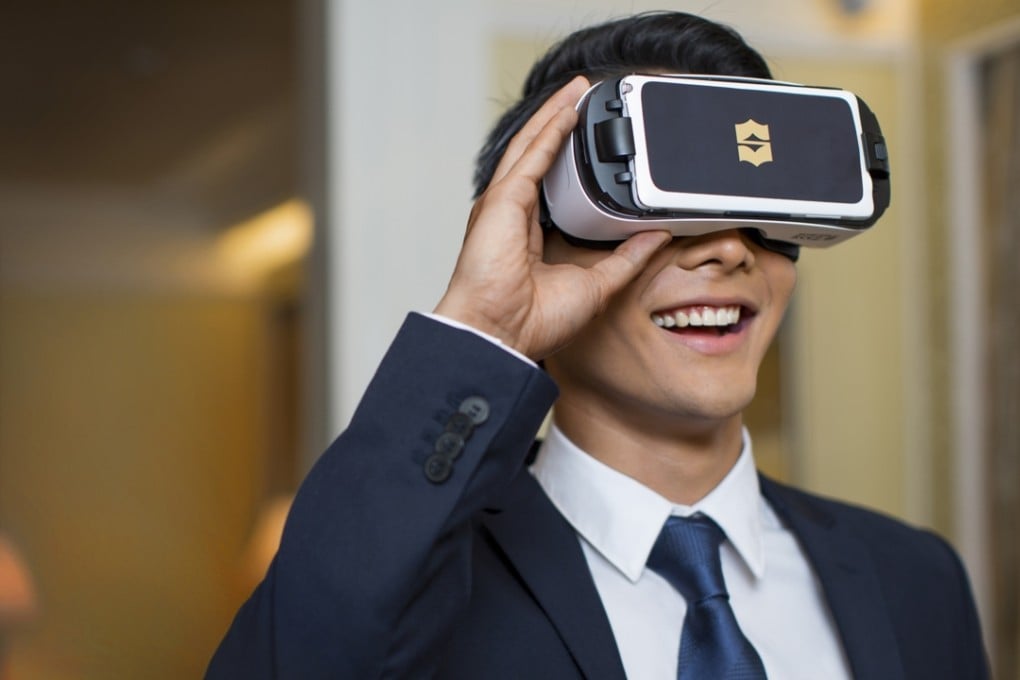Shortcut to Shangri-La: Virtual reality headsets offer 360-degree tours of cities and hotel group’s properties from Tibet to Hong Kong

How can you enjoy a 360-degree view from the rooftop of an historic temple in Tibet or the grand ballroom of one of the legendary hotels in Hong Kong without going there in person?
This is where cutting-edge virtual reality (VR) technology comes into play, and a major multinational corporation is now putting it into practice.
READ MORE: ‘The dawn of the virtual reality era’: Oculus Rift headset heralds brave new world of entertainment
Shangri-La Hotels and Resorts is making one of its biggest investments in new technology in recent years to attract clients and world travellers to visit its hotel facilities at various destinations around the world – before they even pack their bags.
Shangri-La, one of the world’s leading luxury hotel chains, announced on Wednesday that it has already begun rolling out Samsung Gear VR headsets - powered by VR technology industry leader Oculus – across its sales teams around the world.